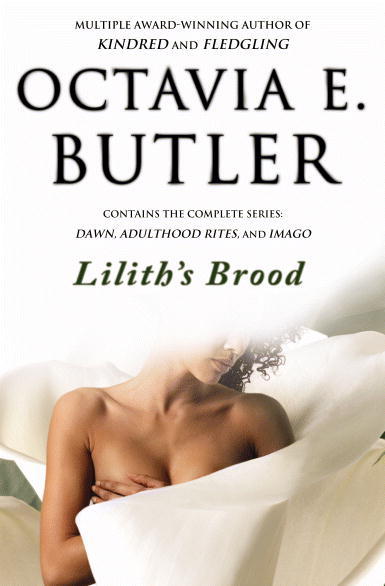For our final assignment for
Literature of Horror, Fantasy and Sci-fi, we were invited to do a final blog
post that either revisited ideas we brought up in our previous blogs or was a
sort of culmination of what we learned throughout the entirety of the class. I
think for me a blog post that touches on all the genres that we have looked at
in this class would be more satisfactory and so I intend to do just that
starting with horror.
I think the horror genre was
perhaps one of the more fascinating ones we’ve done this semester, I’ve never
been an avid reader of this genre personally but I was intrigued by the
symbolic nature behind it. Starting with gothic horror we were exposed to the
idea of a very anthropomorphic creatures as the monsters we were meant to be
afraid of, I think something in that lies in the idea that we as a people are
terrified of the monster within. Another big facet of the genre is the idea of
a monster who cannot easily be killed or is somehow immediately related to
death, for instance Frankenstein himself is a mere assembly of reanimated dead
body parts, Dracula is an undead being and so on. I think this all comes from a
natural human curiosity in death and the monsters that live within us as
people, the genre can be seen as a manifestation of what we could become when
faced with death and dying. Another great factor of the genre is the fact of
the damsel in distress, especially in gothic horror. The damsel in distress is
such a key factor, which is not surprising because a good number of gothic
horror is written by women, for women and thus would ultimately star female
leads. It was explained to us that the reason for that could be the idea of
women being constantly trapped or held captive by the male figures in their
lives. A good number of these stories involve women escaping their captivity by
the monster character and running off with their true love, an ideal fantasy
for the women trapped in arranged marriages.
Another genre visited this year would be the fantasy genre, which is perhaps the most idealistic of the three we have covered. Out of the three however, fantasy is the one that I have the most knowledge of. When thinking of fantasy I would characterize it as a genre of escapism. This is the definitely the genre I would label as the most imaginative and fantastical (hence the name) that incorporates many of the themes of folklore and mythology. This is the field of epic battles and knights and magic that many times has strong allegorical and metaphorical context. I think this category of literature lends itself to being the one that could teach people the most because essentially it is so farfetched in nature that the authors have a much easier time in making metaphorical connections with other things through fantasy stories, and we see this constantly with works such as C.S. Lewis’ “The Lion, the Witch and the Wardrobe”, “Harry Potter” by J.K. Rowling and even “Twilight” by Stephanie Meyer is a big allegory to her Mormon lifestyle. I think the beauty of fantasy fiction is that it helps paint a picture through which the author can relay a message of some sort without it coming across as preachy or condescending.
Admittedly Sci-fi was my least favorite of the genres we read this year. I do enjoy watching science fiction but I think I like watching it more than reading it. What I did take away from the genre however is its visionary yet conceivable ideals. I liked that science fiction authors conjure up these planets and worlds years ahead of our own and they think it through to the extent that they make 100% sense. Much like fantasy, I think science fiction, as a genre is very metaphorical. The authors do send a message to their readers but rather than messages of religion or moral standing many of the messages told to us through science fiction deal with the politics of the world today. For instance “Dune “ by Frank Herbert had a lot to say about the oil industry today if you think about the context of the story, and how he sees religion playing into the politics of the future. I think the most fascinating moment for me when reading the science fiction texts we did, was when I read “nanny Day” by Leah Cypress. The reason for that is because she took a very alternative approach to what is science fiction and her short story read, to me, like a human-interest piece. Up until that point science fiction was all gizmos and gears and outer space and that short story opened my eyes to what the genre could be. She took the approach of addressing the future of social sciences rather than just technical engineering science and for me that was a very profound realization as to how far this genre could be pushed.
This class
has been a very rewarding one. I think I have learned a great deal about these
3 genres and what categorizes them holistically and how they shape up next to
one another. I have always been intrigued by literature and I’m glad that I had
an opportunity to take an in depth look at three genre I never necessarily
looked at on my own time.




